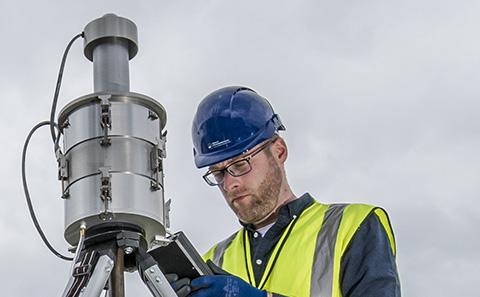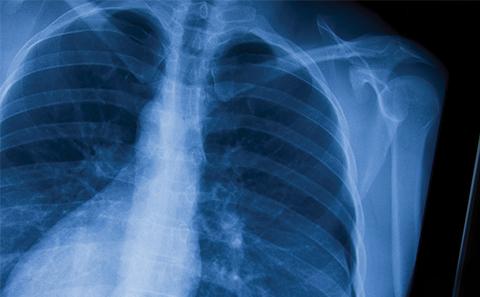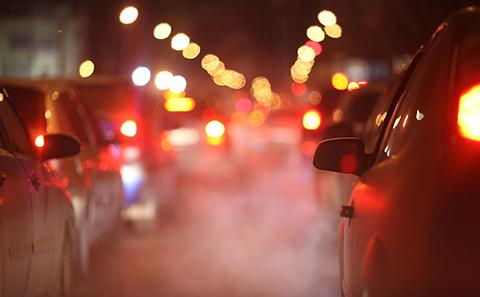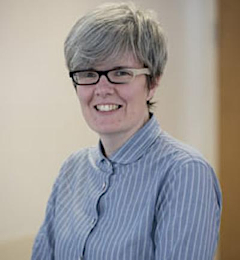Copper vs COVID
Using the antimicrobial properties of copper to limit the spread of COVID
When the COVID-19 pandemic hit, there was one particular group of researchers who were more prepared than most to assist in the global effort to protect the population.
Dr Sandra Wilks from Health Sciences and Professor Bill Keevil from Biological Sciences lead a team investigating the length of time viruses and bacteria can remain on surfaces, exploring the effectiveness of various decontamination methods, as well as a particular focus on the antimicrobial benefits of copper.
Together with their team, Dr Catherine Bryant and Dr Rachel Owen, they have secured over £200,000 worth of consultancy funding since the start of the pandemic. Working with a range of SMEs and global companies, including some linked directly to overseas government departments, the team have been focusing primarily on the use of copper alloys in different product types.
Work by Sandra, Bill and the team has already led to the installation of antimicrobial touch surfaces globally in hospitals, supermarkets, on public transport and in a busy airport, and this has been further expanded during the pandemic.
Our work with external companies has centred, most recently, on testing the effectiveness of solid copper and copper alloy materials and coatings in combatting the spread of COVID-19.
Read the full story in Re:action , the University’s research and enterprise magazine.
Related Staff Member
Related Staff Member

Preventing disease in port cities
Analysing pollution particles from the docks to fight disease on the coast

Getting under the skin of allergies
Our researchers are leading the largest study of its kind to improve our understanding of allergies

Health impact of air pollution
Influencing government policy on air pollution.

